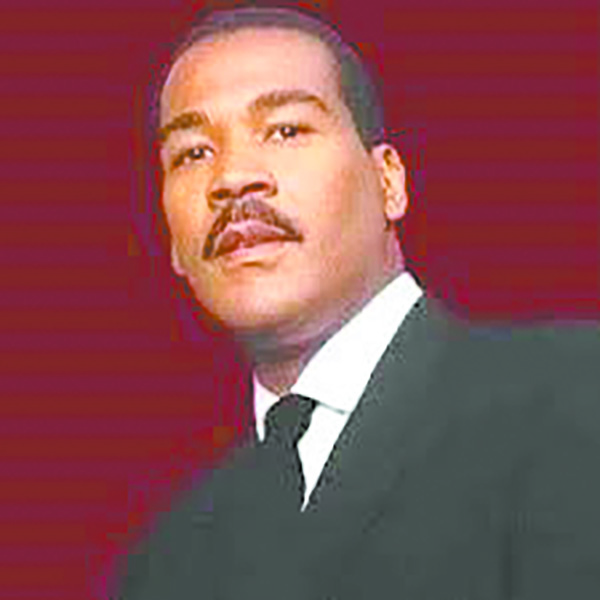By New Journal and Guide Staff
NORFOLK
The recent death of Dexter Scott King, the youngest son and the third child of Dr. Martin Luther King, Jr. and Mrs. Coretta Scott King, brings attention once again to the health issue of prostate cancer and Black men.
King, age 62, passed Monday, January 22, 2024, after a valiant battle with prostate cancer, his wife said, just a week after the world celebrated the 95th birthday of his slain father.
“He transitioned peacefully in his sleep at home with me in Malibu,” said his wife of 11 years, Leah Weber King. “He gave it everything and battled this terrible disease until the end. As with all the challenges in his life, he faced this hurdle with bravery and might,” she said.
His sister Rev. Dr. Bernice A. King, CEO of The King Center stated “words cannot express the heart break I feel from losing another sibling. I’m praying for strength to get through this very difficult time.” His brother Martin Luther King, III added ‘‘the sudden shock is devastating. It is hard to have the right words at a moment like this. We ask for your prayers at this time for the entire King family.“
Dr. Bernice King was scheduled to speak in Norfolk at Old Dominion University on January 23 to deliver the keynote address at the University’s 39th Annual Martin Luther King, Jr. Observance. ODU announced it would welcome Dr. King for its 2025 celebration event with a confirmed date to be announced as soon as possible.
The University also postponed the presentation of the Hugo Owens Martin Luther King, Jr. Award until that time.
Born in Atlanta on January 30, 1961, Dexter King was named after Dexter Avenue Baptist Church in Montgomery Alabama, where his father served his first pastorate. The 62-year-old was the second-born son of Dr. & Mrs. King and was only seven years old when his father was assassinated in Memphis, TN in 1968. Like his father, he grew up in Ebenezer Baptist Church in Atlanta, where his grandfather served as Pastor. He was a graduate of Frederick Douglas High School, where he played football and participated in many other school organizations. He then he followed his father’s footsteps to Morehouse College in Atlanta Georgia.
At the time of his death Dexter King served as both Chairman of The King Center and President of the King Estate. Becoming well versed in intellectual property law, and its management and licensing was the result of his dedication to the delegated task and the memory of both his father and mother.
Known to be humble about his uncanny resemblance to his father, he portrayed him in the 2002 television movie The Rosa Parks Story. The actor had a love for the creative arts and initially relocated to California to pursue a career in acting. But family duty called and he answered, living out the rest of his life balancing both his love of the arts and his duties to the King family legacy.
He was preceded in death by his father (1968), his mother (2006) and sister Yolanda (2007). He is survived by his loving and devoted wife of 11 years Leah Weber King, his sister Rev. Dr. Bernice A. King, his brother Martin Luther King, III, and his niece, Yolanda Renee King.
◆◆◆
Prostate Cancer And Black Men
Although all men are at a risk for prostate cancer, Black men are at higher risk. They are about twice as likely to get and die from prostate cancer than white men. The reasons for this, however, are not definitively known.
“It could be a combination of factors, from genetics to access to care,” says Firas Abdollah, M.D., a urologist with Henry Ford Health, who has published extensive research on the impact of race in prostate cancer.
Black men should consider prostate cancer screening at 45 years, rather than the recommended 55 years of age, according to a recent study led by researchers from UW Medicine and Fred Hutch Cancer Research Center. The study was published recently in the Journal of the National Cancer Institute.
Other studies suggest men with family history may be advised to consider age 40.
Like this:
Like Loading...
















